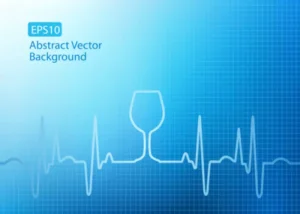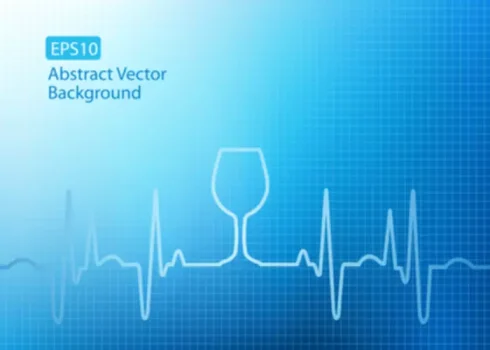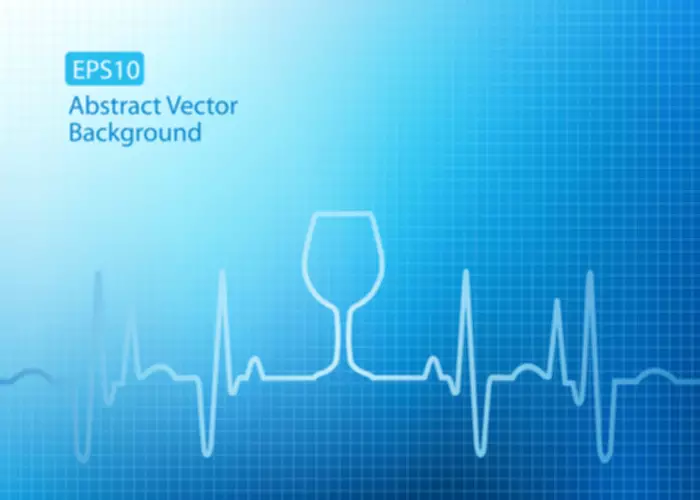
Eat a diet rich in whole grains, vegetables, and fruits (be sparing with fruit as it’s high in sugar). A little bit of shaking after drinking can feel unpleasant, but it usually isn’t anything to worry about it. Try to take it easy for the day and make sure to drink plenty of fluids and eat something. When you drink alcohol, your body responds by decreasing the number or sensitivity of receptors that bind to the neurotransmitter gamma-aminobutyric acid (GABA).

Moderate vs. Heavy Drinking: What Is the Difference?
It simultaneously increases the number or sensitivity of receptors that bind to glutamate, another neurotransmitter, in a bid to counter the sedative effects of alcohol. BetterHelp can connect you to an addiction and mental health counselor. Research shows people who have a supportive social network are more likely to remain alcohol-free after withdrawal. Those with a wider circle of support have a better chance of staying sober. This process temporarily restores homeostasis, or chemical balance, in an effort to counteract the impact of long-term alcohol use on the brain.
FOLLOW PINES RECOVERY LIFE ON SOCIAL MEDIA!!!
- These experts will work to ease the mental and physical symptoms brought about by withdrawal, lessening their severity and comforting the patient as their body acclimates to the lack of alcohol.
- While these tremors usually occur in the hands, they can happen anywhere in the body.
- In a country where drinking is widely available in many settings, it can be hard to tell when your drinking has crossed the line into a problematic habit.
- Alcohol has a dehydrating effect on our body, and this dehydration can worsen withdrawal symptoms like tremors.
The National Academies of Sciences, Engineering, and Medicine recommend a lifetime daily practice of consuming about 15 cups of fluids for men and about 11 cups of fluids for women. The fluids can come from water, other drinks, and food, but approximately 80 percent should be from water and non-caffeinated drinks. Why do hangover shakes happen, and are they a sign of anything serious? Read on to find out and pick up a few tips to help yourself feel better. You’ll also want to eliminate foods and beverages that make you feel jittery. Caffeine can make you feel shaky even if your body isn’t reacting to a lack of alcohol.

How to Stop Shaking After Drinking Alcohol: Expert Tips for Recovery and Support
If you’re trying to kick the alcohol habit and struggling with withdrawal symptoms, don’t go it alone. A healthcare provider can help guide you through the process and might even recommend treatments to make things a bit easier on you. Alcohol shakes, or tremors, are a common symptom of alcohol withdrawal. They involve involuntary shaking, often in the hands, and can indicate a serious health issue. If you or someone you know is experiencing alcohol shakes, it’s important that you reach out to a clinic like our Florida alcohol rehab center and get help today.
- Alcohol withdrawal symptoms range from mild but annoying to severe and life-threatening.
- Your sympathetic nervous system deals with responses to stress, which includes things like sweating, increased heart rate, and — you guessed it — shakes or tremors.
- Alcohol shakes are involuntary, rhythmic shakings, mostly noticed in the hands.
- Medical treatment is essential for managing tremors and other withdrawal symptoms, especially severe conditions like delirium tremens.
More Questions about Treatment?

One main and serious symptom is the occurrence of hallucinations, which need to be treated by a doctor. If you’re dealing with some post-drinking shakes, there are a few things you can do to manage the symptoms. In short, alcohol shakes are usually part of a hangover and go away on their own, while DTs are a severe, medical emergency that requires immediate attention.
Adopting a Healthy Lifestyle

The only way to stop the problem is by abstaining from alcohol, then digging deeper to ensure no permanent damage has been done. Odds in your favor and, over time, the alcohol withdrawal shakes will most likely subside. We must note that alcohol can damage the brain and sympathetic nervous system to the point that alcohol shakes become how to stop shaking from alcohol chronic. If you are experiencing a shaking that’s somewhere between moderate and severe, it’s imperative that you quit drinking.
- Alcohol withdrawal is most safely treated in a medically supervised environment.
- Heavy drinking is usually considered consuming four or more drinks in one day or eight in a week for women and people assigned female at birth (AFAB).
- Friends and family are valuable tools for helping you stay alcohol-free and reduce tremors.
- The above medications are typically used in cases of moderate to severe withdrawal, so if you are experiencing only mild withdrawal symptoms, tremors may simply stop without any medication.
- When it is consumed regularly in large amounts, alcohol suppresses excitatory neurotransmitters like glutamate and enhances inhibitory ones like GABA, slowing down the nervous system.
Medical Interventions and Treatment Options
Because of this, it’s best to talk to your doctor before stopping alcohol use. They can help you set up a plan to manage your alcohol withdrawal symptoms. If you have stopped using alcohol, haven’t talked to your doctor, and think you might be having DTs symptoms, call 911. You are more likely to have DTs if you have moderate or severe alcohol use disorder (heavy or frequent alcohol use even if it causes physical or emotional harm).

